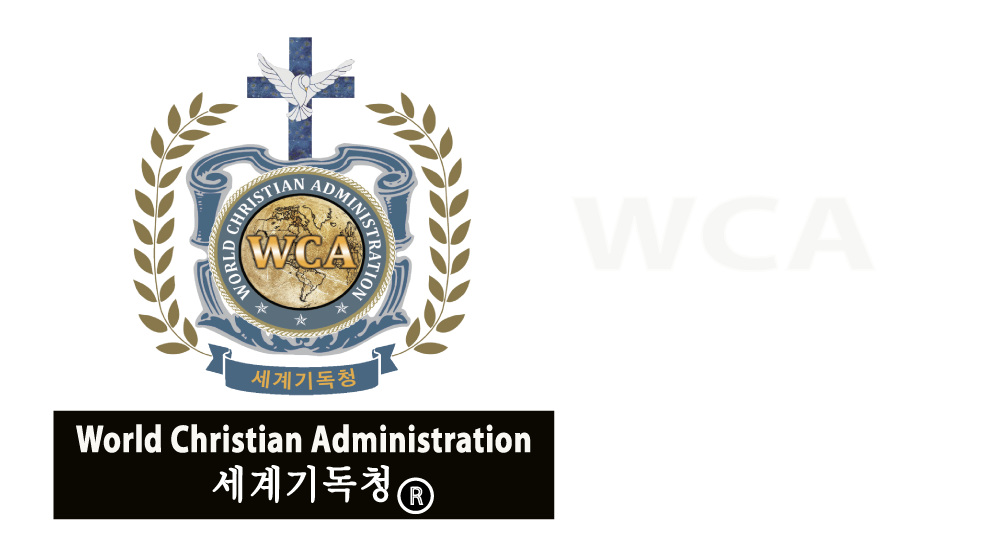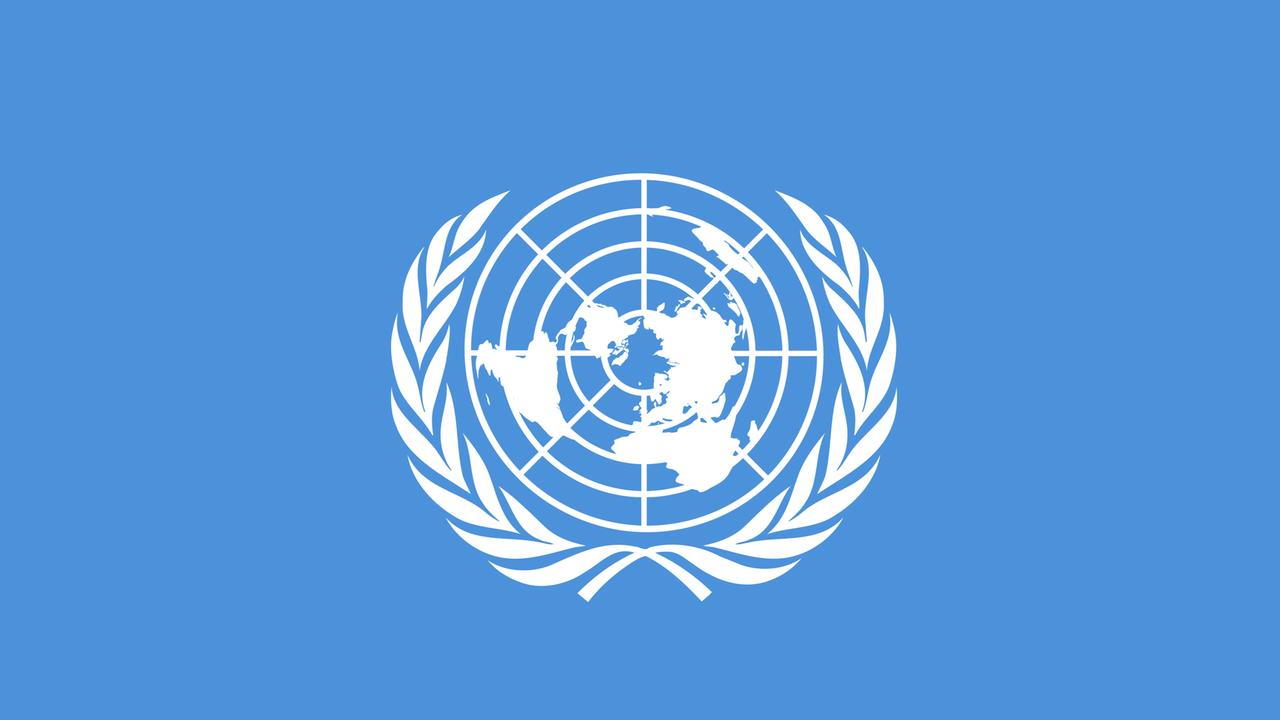GA/12147
28 May 2019
Delegates Also Adopt Text on Cooperation between United Nations, International Fund for Saving Aral Sea
Following an unprecedented rise of violence against religious communities and people belonging to religious minorities, the General Assembly today adopted a resolution proclaiming 22 August as International Day Commemorating the Victims of Acts of Violence Based on Religion or Belief, among other matters.
By terms of the text “International Day Commemorating the Victims of Acts of Violence Based on Religion or Belief” (document A/73/L.85), the Assembly invited all Member States, the United Nations and other international and regional organizations, as well as civil society and the private sector, to observe the International Day. It also requested that the Secretary-General bring the text to the attention of all Member States and United Nations bodies for observance.
“Any acts of violence against people belonging to religious minorities cannot be accepted,” stressed Jacek Czaputowicz, Minister for Foreign Affairs of Poland, as he introduced the draft, also on behalf of Brazil, Canada, Egypt, Iraq, Jordan, Nigeria, Pakistan and the United States.
The International Day will aim to honour the victims and survivors who often remain forgotten, Mr. Czaputowicz said, recalling the spate of attacks, including on mosques in Christchurch, New Zealand, and the targeting of Christians in Sri Lanka during Easter Sunday. Hatred towards religious groups may lead to mass killing of innocent people, he cautioned, citing reports that one third of the world’s population suffers from some form of religious persecution. Acts of terror are intended to intimidate members of religious communities and, as a result, to hold them back from practicing their faith. In some countries, religious practice is forbidden even at home, and sometimes the representatives of religious minorities are refused religious funerals.
The case of abduction and murder of priests, the disappearance and resettlement of religious leaders, torture and beating based on religion or belief by the police are only some examples of the persecution and discriminatory behaviour towards religious minorities. The resolution does not relate to any specific religion or belief, but to all victims of violence and seeks to raise awareness of the importance of respect for religious diversity, he added.
“We hope that it will help combat hate crimes and acts of violence related to religion or belief, and will further strengthen interreligious dialogue,” he added, noting that the resolution can serve in promoting diversity and inclusion.
Speaking in explanation of position, the representative of Syria said grave acts of violence based on religion, ethnicity and belief are proliferating around the world. He also warned against provocations by elected groups, which in many countries take advantage of deformed words to spread hatred in the press, on electronic media platforms and by other means. Rejecting the pretexts used by such groups — including freedom of expression — he emphasized that all Governments have the obligation to prosecute those who perpetrate acts of violence. Also condemning the devastating effects of international terrorism — which prevent people from exercising their fundamental rights and impact countries’ stability and security — he said true multilateral, diplomatic processes are needed now more than ever, and called for the implementation of the Sustainable Development Goals “without any duplicitous efforts”. In its own fight against Al-Nusra Front, Islamic State in Iraq and the Levant (ISIL/Da’esh) and other terrorist groups, Syria has lost millions of lives while some countries close their eyes to the suffering. Adding that his country now labours under unilateral coercive measures, he expressed its resolute commitment to uprooting “any grains of terrorism” in its territory.
The representative of the United States said the recent tragic events in such places as San Diego, Sri Lanka and Christchurch — as well as ethnic cleansing perpetrated against the Rohingya in Myanmar, the Yazidis in Iraq and other groups — remind the international community that it must come together to work across borders to protect religious communities and minorities all over the world. Noting that religious freedom is enshrined in the United States Constitution, he recalled that his Government convened the first-ever ministerial-level religious freedom summit in 2018, resulting in the Potomac Plan of Action and the International Day adopted today. Also voicing support for the Istanbul process, he said today’s text also reminds the international community that people continue to suffer around the globe. In China’s Xingjian province, for example, more than 1 million Uyghur Muslims, ethnic Kazakhs and others have been arbitrarily detained in camps. Calling on all Member States to speak out against China’s repressive campaign of religious, linguistic and ethnic oppression, he also called on the Government to close the camps and respect the rights of Chinese Muslims, Christians and other minorities. “We will not hesitate to press countries to reform their oppressive laws and policies,” he stressed.
The representative of Egypt also voiced concern that millions of people around the world recently have fallen victim to stereotyping, racism, discrimination or acts of violence based on their religion or belief. Spotlighting the concerning rise of right-wing ideologies, he said some political groups and parties organize incitements and take advantage of unjustified fears and distortions to achieve their narrow political objectives. Those actions have led to an unprecedented rise in racism, discrimination and xenophobia, including against migrants. Stressing that the phenomenon is not limited to a particular race or religion, he added that the recent horrific attacks underscore the international community’s responsibility to undertake genuine efforts to address hate speech, including in modern media outlets.
The representative of Brazil, joining others in condemning all acts of violence, terrorism and extremism in all its forms, said the recent attacks against religious communities are a warning of the nefarious impacts of extremism if it is left unchecked. “It’s our shared values that are on the line,” he stressed, calling on all peoples to stand together against hateful acts and rhetoric. Interfaith dialogue may offer an important remedy, he said, adding that empathy, compassion and altruism are needed now more than ever. Brazil — which has shifted from a country that was predominantly Catholic to one in which 40 per cent of the population now practices other religions — can serve as a model for ethnic and religious tolerance, he said, emphasizing that the commitment to peace “should be renewed daily”.
The representative of Iran said Islamophobia is slowly overtaking other forms of religious bigotry around the globe. Indeed, it is becoming increasingly difficult to practice, look and live as a Muslim in many countries — even some that routinely claim the high ground on human rights issues. Spotlighting the example of the United States, he said populist and ultranationalist politicians in that country have even described neo-Nazi groups as “very fine people”. Against that backdrop — where moderation and tolerance are under threat by myopic politicians and irresponsible media platforms — he called for people to stand together against such rhetoric.
An observer for the Holy See said his delegation remains gravely concerned about the many recent attacks against religious communities and other minority groups. In that regard, he cited the Document on Human Fraternity for World Peace and Living Together — signed in February by Pope Francis and the Grand Imam — and recalled that it states that persons, and not religions, should be blamed for acts of violence.
China’s representative, speaking in right of reply, said the United States delegate launched an unfounded accusation against China’s religious policy. There are 56 ethnic groups in China, whose national Constitution protects freedom of religion and belief. Protection against extremism is a top priority for China. Vocational and educational training centres help minorities learn important skills and contribute to fighting poverty. They are learning centres, not camps, he said, pointing out that China has invited press and officials to visit the centres in Xinjiang Uighur Autonomous Region. The United States delegate has accused China of repressing the culture and language of ethnic minorities, but it was in the recent Permanent Forum on Indigenous Issues that many speakers accused the United States Government of killing its own indigenous peoples, extinguishing their languages and oppressing their voices. China strives to promote the rights of all citizens, he reiterated, noting that his Government promotes and provides services in various languages.
Also today, the Assembly adopted a resolution titled “Cooperation between the United Nations and the International Fund for Saving the Aral Sea” (document A/73/L.87), noting the need for further improvement of the Fund’s activities to strengthen regional cooperation in areas such as social and economic development, environmental protection and response to natural disasters. The Assembly emphasized the importance of effective implementation of regional environmental protection programmes for sustainable development in Central Asia and invited the specialized agencies of the United Nations system to develop their cooperation with the Fund.
Aksoltan Ataeva (Turkmenistan), introducing “L.87”, said the Aral Sea used to be the fourth-largest lake in the world. However, since the 1960s, it has shrunk rapidly. The sea level has decreased by 29 metres, due to the withdrawal of water from the main feeding rivers, and 5.5 million hectares of salt sand areas have formed, harming the region’s ecology, flora and fauna, and the health and lives of its people. This negative impact is seen all over the world. Poisonous salts from the Aral region have penetrated the coast of Antarctica, glaciers in Greenland and forests in Norway. “The most important task of our time is to reduce the destructive impact of the Aral Sea crisis on the environment and the health and the very existence of millions of people living in the Aral Sea basin,” she said. She noted the outcome of the Council of Heads of State-Founders of the International Fund for Saving the Aral Sea meeting, held in Turkmenistan in August 2018, where leaders concluded that international aid and support from the United Nations is essential to fixing the problem.
The representative of Kyrgyzstan recalled her country’s 2016 decision to leave the Fund due to a lack of progress and reform. Negotiations have not led to any results because of the non-constructive positions of the Fund’s member States. Reform must be discussed by all participants and all Central Asian countries, she stressed, adding that Kyrgyzstan is prepared to enter discussions on reforms, which must make the Fund’s activities more effective so that all countries in the region benefit.
In other business, the Assembly took note of a proposal by the Secretary-General — contained in a related note (document A/73/876) — to initiate a recruitment process for the next Under-Secretary-General for Internal Oversight Services, to succeed Heidi Mendoza (Philippines) whose term of office will be foreshortened and terminate on 25 October 2019.


